
The Loneliness of a Moderate Muslim
I am a Muslim and I condemn the rampant and widespread violent protests over a badly made anti-Islamic film. I believe one needs to have a very high bar when it comes to getting offended. If everything is offensive to you, then it is perceived that something is wrong with you. The Indian government proved it recently with its tantrum against cartoonist Aseem Trivedi’s mediocre caricatures. Now a section of radical Muslims is proving it over an insignificant film. I saw “Innocence of Muslims” a couple of days ago on YouTube. It is a laughable attempt at insulting Muslims and sooner rather than later would have met its fate at the hands of a Ricky Gervais or a Jay Leno. …
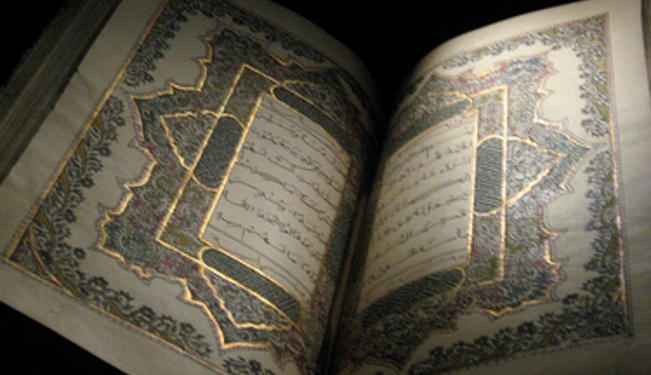
Unraveling theological concepts and political categories through the Prophetic tradition
Recently, I wrote an article in Fair Observer, ‘Through the Eyes of Yusuf,’ where I offered an alternative lens to view and understand the meaning of ‘Muslim’ as a religious category, through an exegesis of the story of Yusuf (Joseph) in the Qur’an. In the piece I briefly touched on the political implications of the Prophetic tradition within Islamic theology. But I want to elaborate more here. As much as the term ‘Muslim’ exists as a socio-political category, it is simultaneously a theological concept that signifies wholehearted submission or acceptance, through faith and through actions, to the One God. The terms ‘Islam’ (submission to the One God) and ‘Muslims’ (those who wilfully submit to the One God) are scattered throughout the …
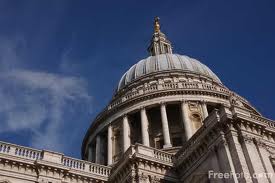
Responding to readers’ comments to our same-sex marriage post
We had a few comments from readers regarding my recent post on the Church of England’s views on same-sex marriage, co-written with my colleague Iain McLean. Below are two reader responses, and my replies. David wrote: ‘that differential treatment of the applicants’ rights fell within the ‘margin of appreciation’ afforded to member states.’ This is crucial factor in assessing the Church of England’s response. The reason for the European Court respecting the margin of appreciation. Judge Malinverni put it clearly: ‘Article 12 is inapplicable to persons of the same sex. Admittedly, in guaranteeing the right to marry, Article 9 of the Charter of Fundamental Rights of the European Union deliberately omitted any reference to men and women, since it …
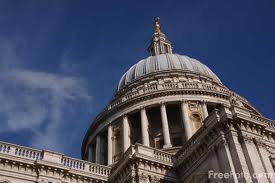
Same-Sex Civil Marriage and the Established Religious Lobby: Providing the Government with Good Information?
On Tuesday 12 June, two days before the end of the consultation by the Government Equalities Office (GEO) on same-sex civil marriage, the Church of England submitted an unsigned response. The response contains a number of arguments, which we feel are deeply flawed or simply inaccurate: Same-sex civil marriage violates the fundamental principle of marriage: complementarity, which arises from the difference between the sexes. If this argument does not depend upon the importance of procreation, and it cannot, then the argument is circular. Legislation on civil marriage will impact religious marriage because the institution of marriage is one and the same for both. But one of the foremost Christian apologists in the Church of England has argued that they should be …
History written and rewritten
John Sentamu, the Archbishop of York, recently posted a long statement explaining his opposition to same-sex marriage. Some of it appeared in the Guardian and on the Guardian’s CIF Belief blog. In it he referenced an interview he recently gave to the Daily Telegraph, which contains the following statement: We supported Civil Partnerships (the bishops in the House of Lords), because we believe that friendships are good for everybody. Like other religious opponents of same-sex marriage, he goes on to argue that civil partnership is “in every respect in ethical terms an honourable contract of a committed relationship”. Same-sex couples, he therefore says, should not press for marriage. But his factual claim is false. The main Lords debate on the …

Religion, Spirituality and Global Governance: an International Interdisciplinary Conference
On Friday, May 4 and Saturday, May 5, the University of Oxford Centre for International Studies (CIS) hosted an international interdisciplinary conference, jointly convened by the Academic Council on the United Nations System (ACUNS), and the Centre for Sustainable Development & International Peace at the University of Denver. Featuring a variety of scholars and leaders in the field of peace and conflict studies, international development and theology, the conference aimed to “deepen the understanding of the paradoxical role of religion and spirituality in the contemporary social and political context, and its potential to shape global governance.” The first panel, entitled “Religion, Civilization and Globalization”, began with a presentation by Katharine Marshall, Senior Fellow at the Berkley Centre for Religion, Peace and World …
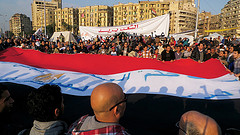
An absent-minded Islamic Revolution? The rise of the Islamists after the Arab Spring
The Arab world shocked us twice in recent months, once with the eruption of the revolutionary spring, and again with the sweeping to power of Islamist parties. The revolutions have radically shifted the political map of the region and transformed the world’s perception of its politics, and even transformed the world. But the equally unanticipated, and very decisive, ascendancy of the Islamists, from Morocco to Kuwait, has confused many observers. Already some are repeating the old adage, voiced most provocatively by Elie Kedourie in 1992, that the Arabs do not comprehend, let alone desire or deserve democracy. It is interesting that Kedourie was responding to the results of an opinion poll which showed that the majority of Egyptians supported democracy, …
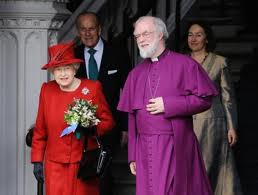
God and politics in the news: even the Queen is speaking out, but the state should tread carefully
This week a British Cabinet minister gave a speech in the Vatican decrying the spectre of militant secularism stalking the nations of Europe and bemoaning the corresponding marginalisation of the faithful. The Queen has also weighed in, speaking at Lambeth Place this week about the benefits of the Church. “We should remind ourselves of the significant position of the Church of England in our nation’s life,” she said. “The concept of our established Church is occasionally misunderstood and, I believe, commonly under-appreciated.” But despite their worry-inspired justifications, these comments, I believe, fall within a broad trend of the reintroduction of faith into the public sphere by British politicians and vociferous cries of persecution from the leaders of faith based organisations. Much of this is …









